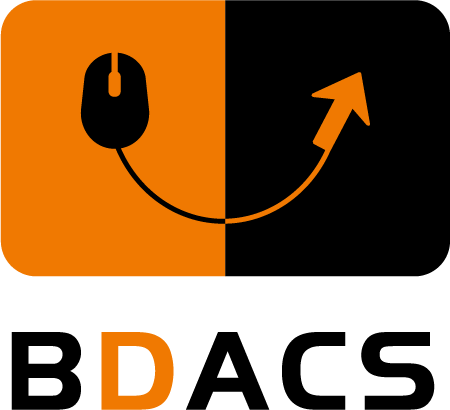
PAPER SUBMISSION
全文投稿,做报告,文章出版到会议论文集
Accepted full paper will be invited to give the oral presentation at the conference and it'll be published in the conference proceedings. Please prepare your paper (more than 8 pages) according to the Paper Template and submit it via online submission system: Electronic Submission System (.pdf)
摘要投稿,做报告,文章不出版
Accepted abstract will be invited to give the oral presentation at the conference, the presentation will not be published. Please prepare your speech (Full paper & Abstract, both are acceptable)
If you have any enquiry, contact at icbdacs@163.com
![]()
PAPER REQUIREMENTS
Official language is English in paper writing and presenting.
Authors are required to submit original material, not published, or submitted for consideration elsewhere. Author misconduct, including fabrication of results and plagiarism of the work of others, shall be subject to sanctions.
Paper submissions are reviewed by experts selected by the conference committee for their demonstrated knowledge of particular topics. Authors will be notified of the review results by email.
Manuscripts should be at least 8 full pages and at most 20 pages. ( One regular registration can cover a paper within Ten pages, including all figures, tables, and references. )![]()
POLICIES OF BDACS 2023
- Review Process:
By submitting a paper to BDACS, the authors agree to the review process and understand that papers undergo a peer-review process. Manuscripts will be reviewed by appropriately qualified experts in the field selected by the Conference Committee, who will give detailed comments and — if the submission gets accepted — the authors submit a revised ("camera-ready") version that takes into account this feedback.
All papers are reviewed using a single-blind review process: authors declare their names and affiliations in the manuscript for the reviewers to see, but reviewers do not know each other's identities, nor do the authors receive information about who has reviewed their manuscript.
The Committees of BDACS 2023 invest great efforts in reviewing the papers submitted to the conference and organising the sessions to enable the participants to gain maximum benefit. - Plagiarism:
ICMSSP is utterly intolerant of plagiarism. Submitted papers are expected to contain original work executed by the authors with adequate, proper and scholarly citations to the work of others. It is the job of the authors to clearly identify both their own contribution(s) and also published results / techniques on which they depend or build. Reviewers are charged to ensure these standards are met. If the author is found to commit an act of plagiarism, the following acts of sanction will be taken: 1. Reject the article submitted or delete the article from the final publications. 2. Report the authors violation to his/her supervisor(s) and affiliated institution(s) 3. Report the authors violation to the appropriate overseeing office of academic ethics and research funding agency. 4. Reserve the right to publish the authors name(s), the title of the article, the name(s) of the affiliated institution and the details of misconduct, etc. of the plagiarist”. - Dual/Double Submissions:
By submitting a manuscript to ICMSSP, authors acknowledge that it has not been previously published or accepted for publication in substantially similar form in any peer-reviewed venue with publicly accessible papers, including journals, conferences, workshops, or other peer-reviewed, archival forums. Furthermore, no paper substantially similar in content has been or will be submitted to another peer-reviewed conference or workshop with publicly accessible papers during the review period. The authors also attest that they did not submit a substantially similar submission to ICMSSP 2023. As a rule of thumb, the BDACS submission should contain no more than 20 percent of material from previous publications. Violation of any of these conditions will lead to rejection.